Even while hauling around heavy batteries, the best new electric cars of 2023 manage hard launches and mind-blowing 0 to 60 times with ease, even if doing so can sap so much power that remaining range estimates fall as quickly as quarter-miles fly by.
Efforts within the automotive industry to shift public opinion around electric vehicles tend to focus on the unbelievable straight-line performance electric powertrains provide. After all, anyone can hop into an EV and feel like a drag racer, unleashing instantaneously available torque to produce neck-snapping acceleration unlike anything gas engines can hope to match.
While new startups announce record-beating EVs seemingly every few months, the following eight earn their place as the fastest new electric cars of 2023.
They manage to log speed records that even the biggest EV fans wouldn't have believed a decade ago—just after Tesla stunned the world with its Model S.
Best Electric Cars of 2023: Fastest New EVs
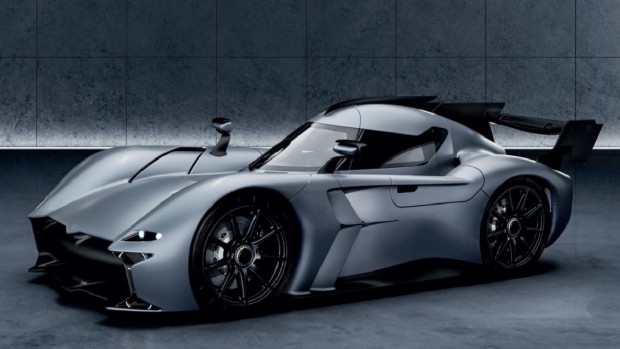
Courtesy Image
A tiny, cartoonish car took the Goodwood Festival of Speed by surprise last year by setting the overall hill climb record, thanks to a 1,000-horsepower EV drivetrain and a pair of fans that produce extra downforce to help put that power to the ground. McMurtry claims Speirling can manage a 0 to 60 sprint in only 1.4 seconds on the way to a quarter-mile in 7.97 seconds—but those figures are for the track-only “Pure” package, which starts at £820,000 (or just over $1 million).
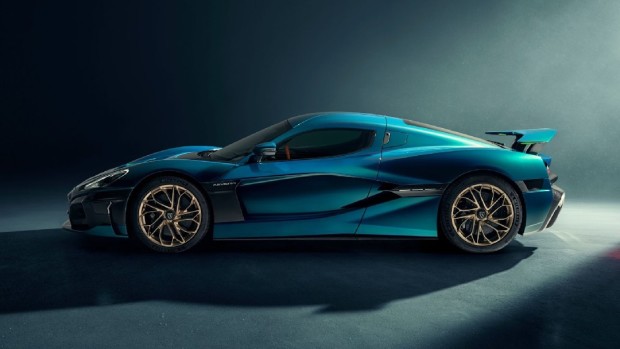
Courtesy Image
In terms of production car stats, Rimac recently announced a series of independently verified records set by the all-electric, quad-motor Nevera hyper-EV. On May 17, 2023, the Nevera reportedly logged a 0 to 60 time of 1.74 seconds, a 0 to 100 time of only 3.21 seconds, and a quarter-mile in 8.25 seconds.
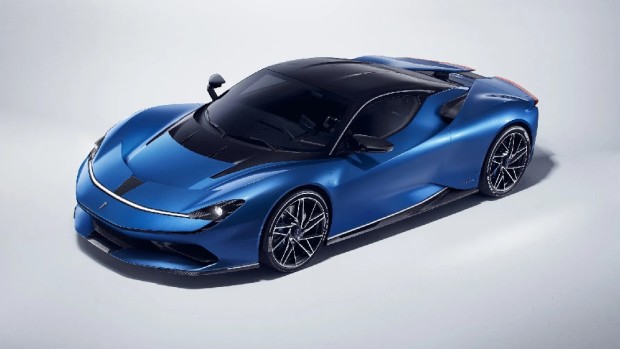
Courtesy Image
The Pininfarina Battista can be described as a sibling of the Rimac Nevera, with a 120-kilowatt-hour Rimac battery powering four co-developed electric motors that produce a combined peak of 1,900 horsepower (DIN) and 1,726 lb-ft of torque. As such, the Battista can manage similarly unbelievable feats, including a 1.79-second sprint to 60 miles an hour and an 8.55-second quarter-mile.
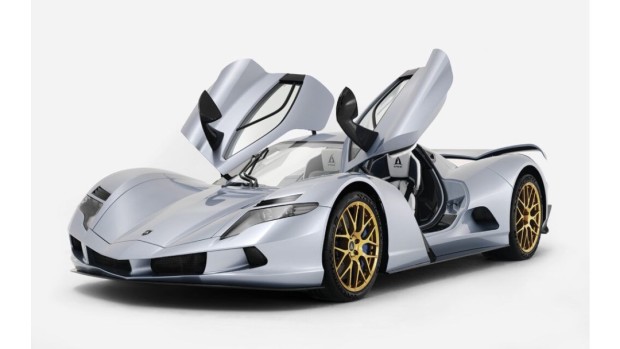
Courtesy Image
Shortly after Rimac announced the Nevera’s EV record-setting day, Japanese firm Aspark went out and logged a 1.72-second 0 to 60 time from its quad-motor 1,980-horsepower EV dubbed "Owl." It's packing a 64-kWh battery and 250 miles of range. That, in addition to those acceleration figures, makes the Owl seem almost too good to be true.
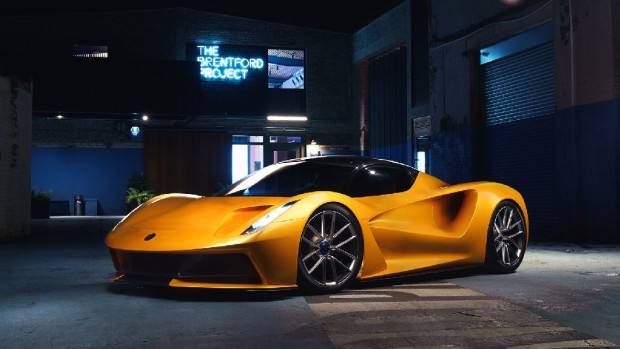
Courtesy Image
British automaker Lotus always lived by founder Colin Chapman’s maxim to “simplify, then add lightness.” But, as the greater automotive industry transitions to electrification, Lotus needed to jump into the arena of heavy batteries, and did so with the Evija hyper-EV.
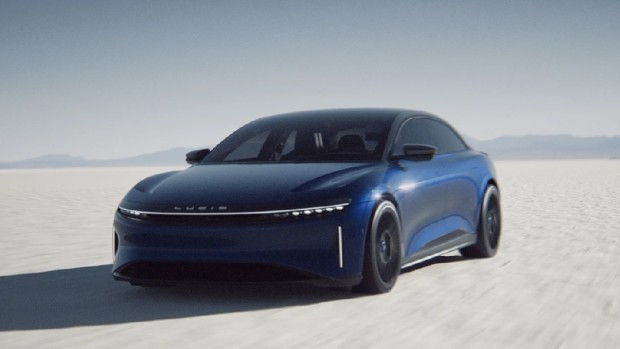
Courtesy Image
EV startup Lucid Motors clearly aims to take down Tesla’s Model S Plaid with its Air sedan’s new tri-motor Sapphire package. While other Air trims currently compete with entry-level Model S, Sapphire goes upmarket with a price tag of $325,000 that buys a 0 to 60 time of 1.89 seconds, 0 to 100 in 3.87 seconds, and a top speed of 205 mph.
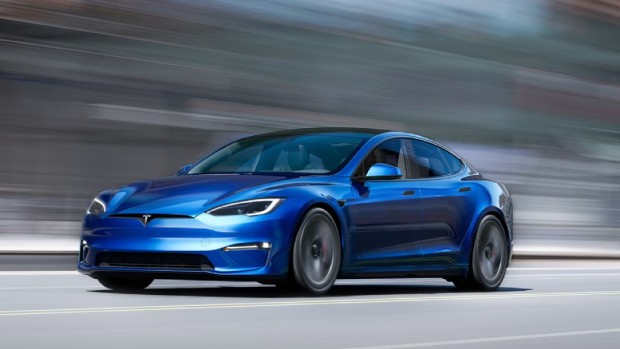
Courtesy Image
The fact that Model S debuted over a decade ago with 265 miles of range truly reveals how far ahead of the competition Tesla was at the time. Model S (and Tesla’s entire lineup, really) desperately needs a generational update now to stay in the game, but the Plaid trim still delivers astonishing performance with a MotorTrend-verified 2.3-second sprint to 60 mph. Plaid can also manage 396 miles of range and, like Lucid’s Air, can comfortably fit five adults.
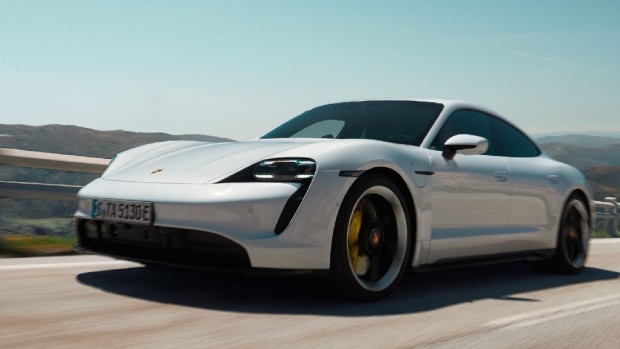
Courtesy Image
In terms of raw power, Porsche’s top-spec Taycan Turbo S can almost keep up with Tesla and Lucid. But Porsche also decided to buck the EV industry trend by installing a two-speed transmission, which should make higher-end acceleration more potent.
from Men's Journal https://ift.tt/ZKoCtil
No comments:
Post a Comment